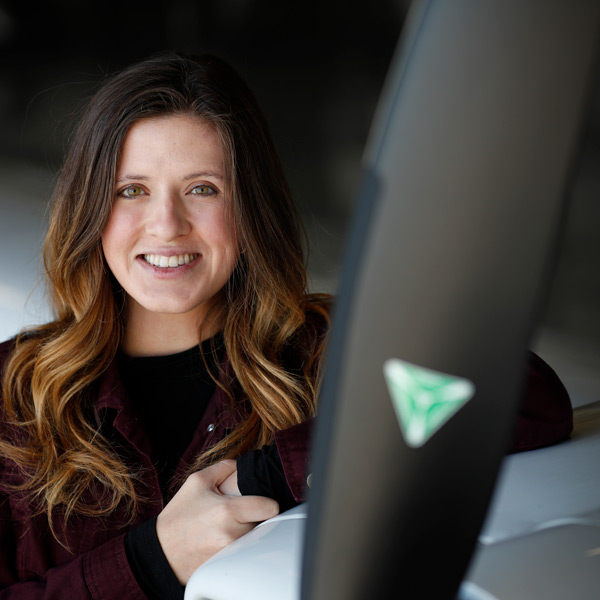Virginia Aviation Hall of Fame inducts four
Military veterans and a “human computer” who helped build GPS are among the latest group of aerospace achievers inducted in the Virginia Aviation Hall of Fame.
In 1978 the Virginia Aeronautical Historical Society introduced the Virginia Aviation Hall of Fame, and ever since the society has been recognizing individuals who have made significant contributions to aviation, specifically those who have helped Virginia emerge as a leader in aviation and aerospace. More than 100 individuals have since been inducted, representing various aerospace and aviation disciplines, including but not limited to pilots.
Van Crosby served as president and chairman of the VAHS and president of the Virginia Aviation Business Association. His “lifetime of service to the Virginia aviation community” included time spent in a variety of roles across the aviation industry, from an FBO manager and a flight instructor to a charter pilot, an aircraft sales representative, and more.
Col. Dave Darrah was a U.S. Marine Corps aviator who accumulated approximately 6,000 flying hours during his 30 years of service. While serving, he also “commanded and led multiple large and complex military units and organizations in the United States and overseas.” Darrah has served on the boards of the VAHS and the Virginia Aviation Business Association, and in 2015, was recognized as the Virginia Department of Aviation Airport Manager of the Year.
Lt. Col. Robert Hepp is the founder of the Virginia flight school Aviation Adventures. In 2016 he was recognized as the FAA Flight Instructor of the Year, and "has been recognized as a pioneer in the use of flight simulators and advanced flight training devices." Prior to his time as a flight school owner, Hepp served as a U.S. Army officer for 21 years.
An AOPA member along with Crosby and Darrah, Hepp was surprised and honored by the nomination and induction. Brig. Gen. David Young (a previous inductee of the VAHF) worked with Hepp’s family to honor the legacy Hepp continues to leave on the Virginia aviation community through his work in the military and as an award-winning flight instructor who describes instructing as “making people’s dreams come true.”
“It’s a very rich history of aviation in Virginia,” Hepp said. “I think it’s tremendous the mission [the VAHF has] of connecting the people in Virginia to aviation and aerospace.”

“The job that they do is great in identifying the people that have significantly contributed,” Hepp said of the historical society's work to recognize his fellow nominees and their influence on the Virginia community, among them Gladys West.
Gladys Mae West spent her 42-year career at the Naval Surface Warfare Center in Virginia, working as a programmer and project manager, most notably of the Seasat altimetry project, which was an Earth-orbiting satellite that helped gain a better understanding of Earth’s seas. She is widely recognized as one of the most influential “human computers,” and worked on the development of GPS. West has been inducted into the U.S. Air Force Space and Missile Pioneers Hall of Fame and was recognized by the BBC in the 100 Women series.




